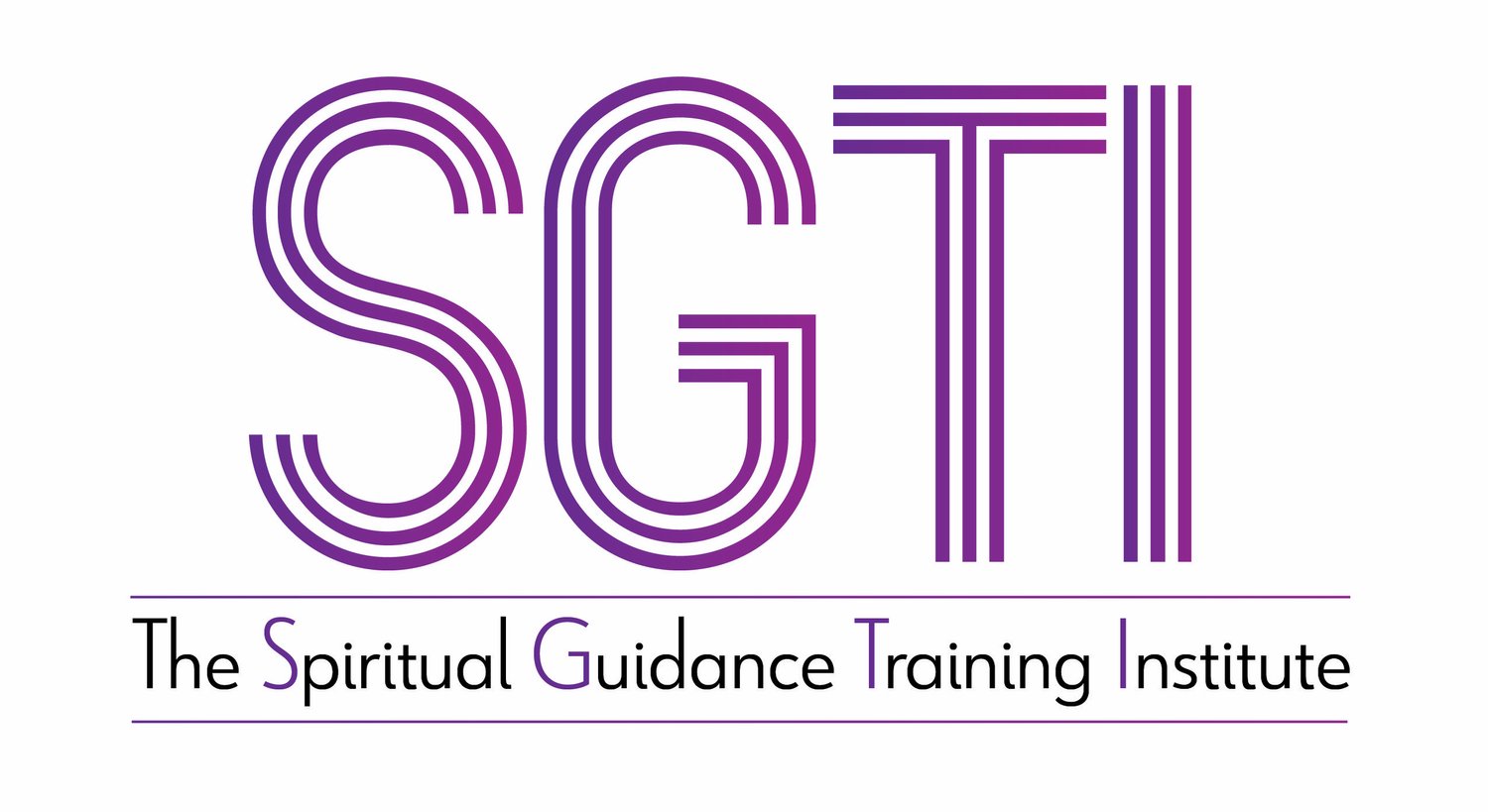Compassionate Sacred Activism, Mass Violence and Trauma, Part I
6/15/24
My heart is moved by all I cannot save:
So much has been destroyed
I have cast my lot with those
Who age after age, perversely,
with no extraordinary power,
reconstitute the world.
-Adrienne Rich
In each of our Plum Village practice centers around the world,
we have a lotus pond.
Everyone knows we need to have mud for lotuses to grow.
The mud doesn’t smell so good, but the lotus flower smells very good.
If you don’t have mud, the lotus won’t manifest.
You can’t grow lotus flowers on marble.
Without mud there can be no lotus.
-Thich Nhat Hanh
How do spiritual guides engage in compassionate sacred activism
around mass violence and trauma?
Part 1
Roshi Joan Halifax describes compassion as “feeling genuine concern about the suffering of another and desiring to improve that one’s welfare. Compassion also helps us meet our own suffering, and that of others, with an appropriate response… Compassion calls forth our best human capacities – attentional balance and caring, unselfish intention and insight, and ethical action – in a way that no other response does.” Compassion begins with attending to our own suffering so that we can attend to another’s from a place of healing and care.
Drawing from the work of Pamela Ayo Yetunde, Bayo Akomolafe, Andrew Harvey, and Roshi Joan, among others, sacred activism involves intentionally building community, being in solidarity, speaking the truth publicly, being a wit(h)ness - leaning into protecting others, engagement in embodiment, meeting the world with life-giving hands, attending to others and our own situation with warm-heartedness, intention to end suffering, and seeing deeply into the nature of things.
Compassionate sacred activism involves movement toward the practical and pragmatic to transform practices, behaviors, thoughts, and systems of oppression and harm – towards the liberation of all human and more-than-human beings.
When lives are on the line in occupied Palestine/Gaza, Haiti, Ukraine, Democratic Republic of Congo, Tigray, Sudan… when children and womyn are sexually assaulted and killed, when children are put in cages, when borders are closed, when basic necessities are in scarce supply, when service centers like hospitals and schools are bombed, we believe there is more for the spiritual companion to do than asking our clients questions. First, before meeting with another and their trauma, we begin with doing our own work on our trauma and suffering. This may take a lifetime. By working towards healing our trauma, we are attentive to accompany another from a non-traumatized place, which allows us to meet them with restorative words and actions.
In a healed and regulated state, we simultaneously work on our own self-compassion as we meet others with compassion.


